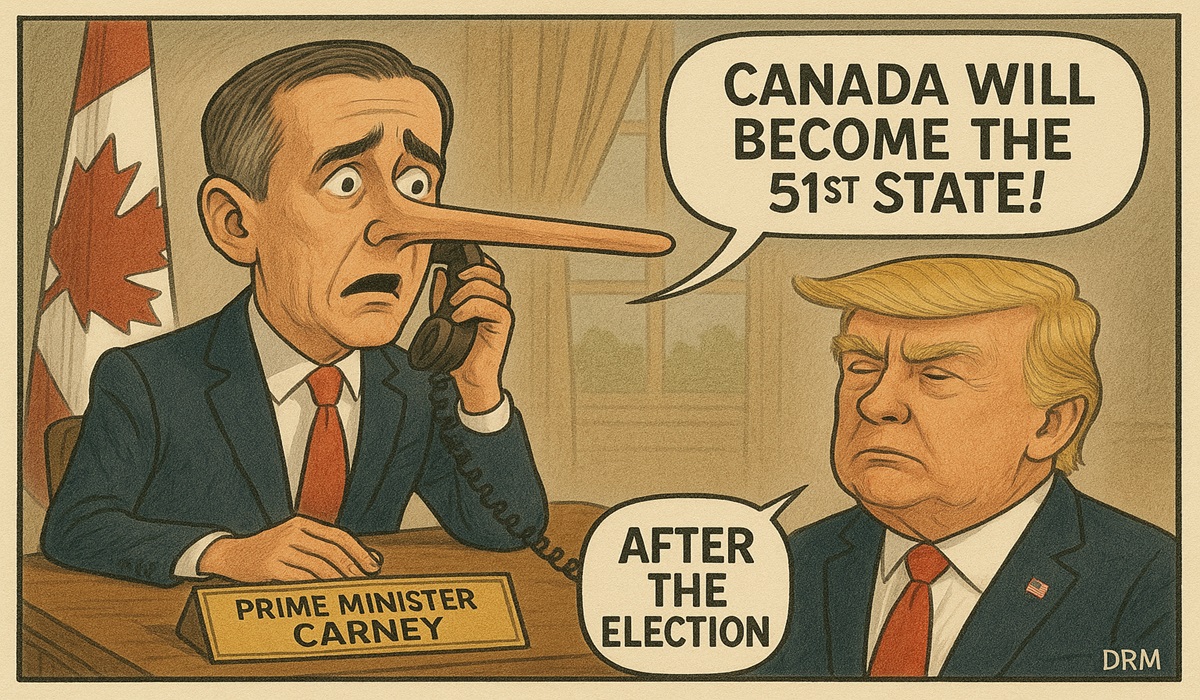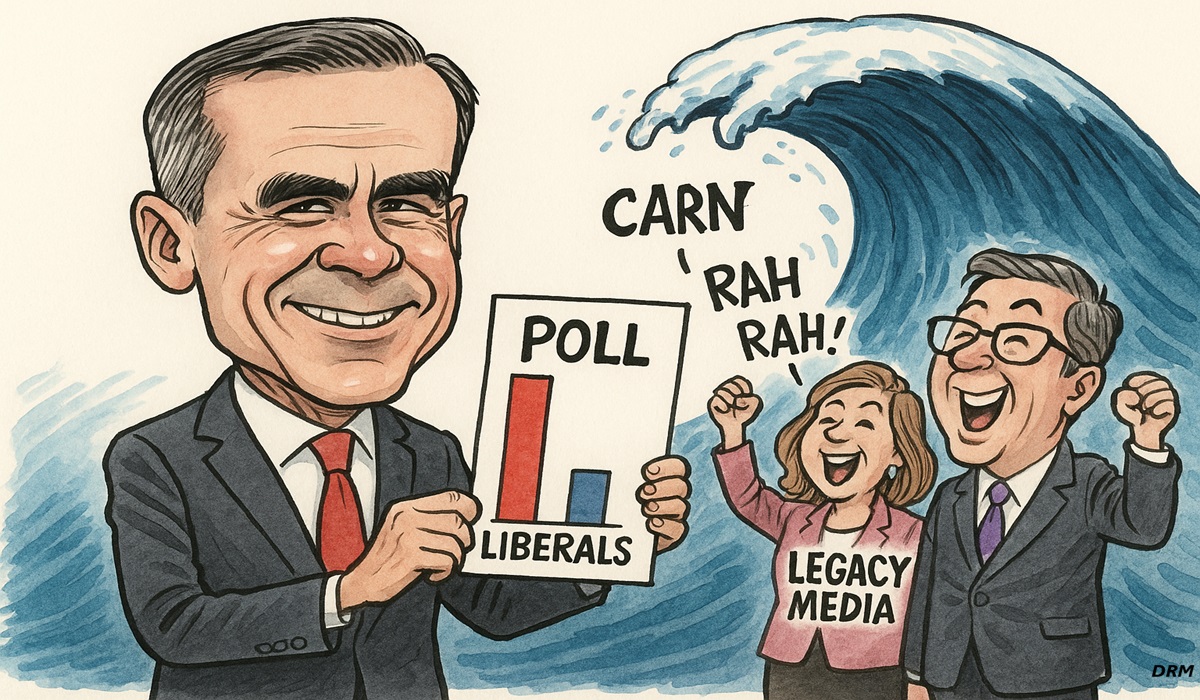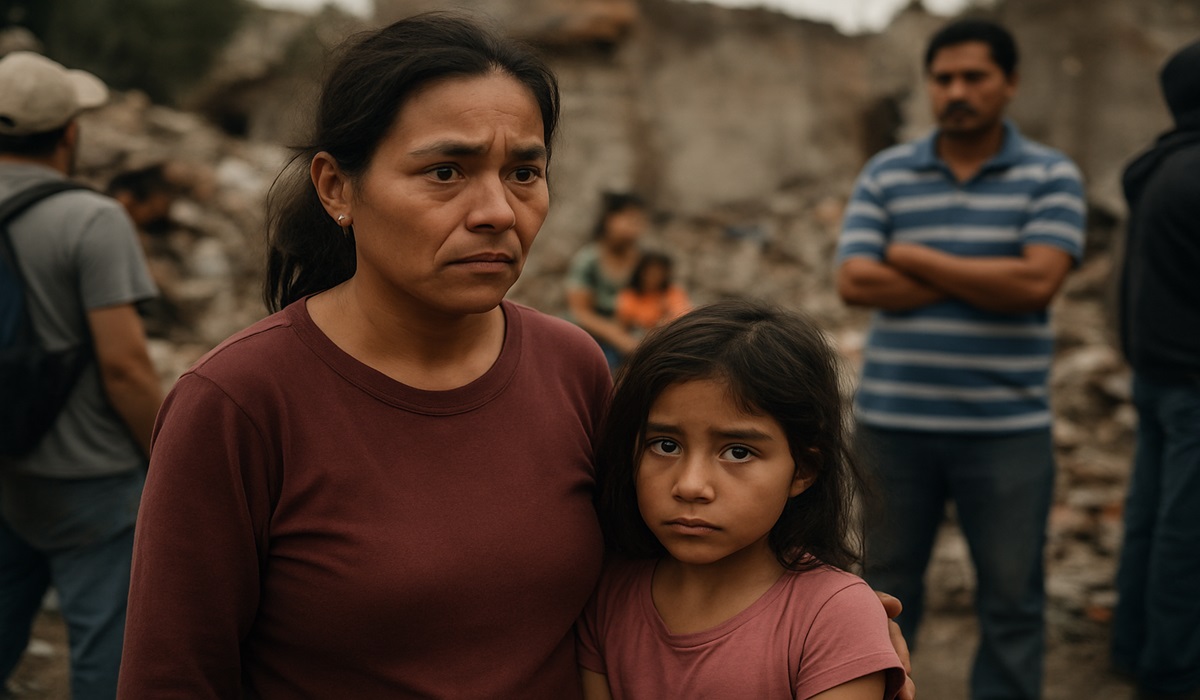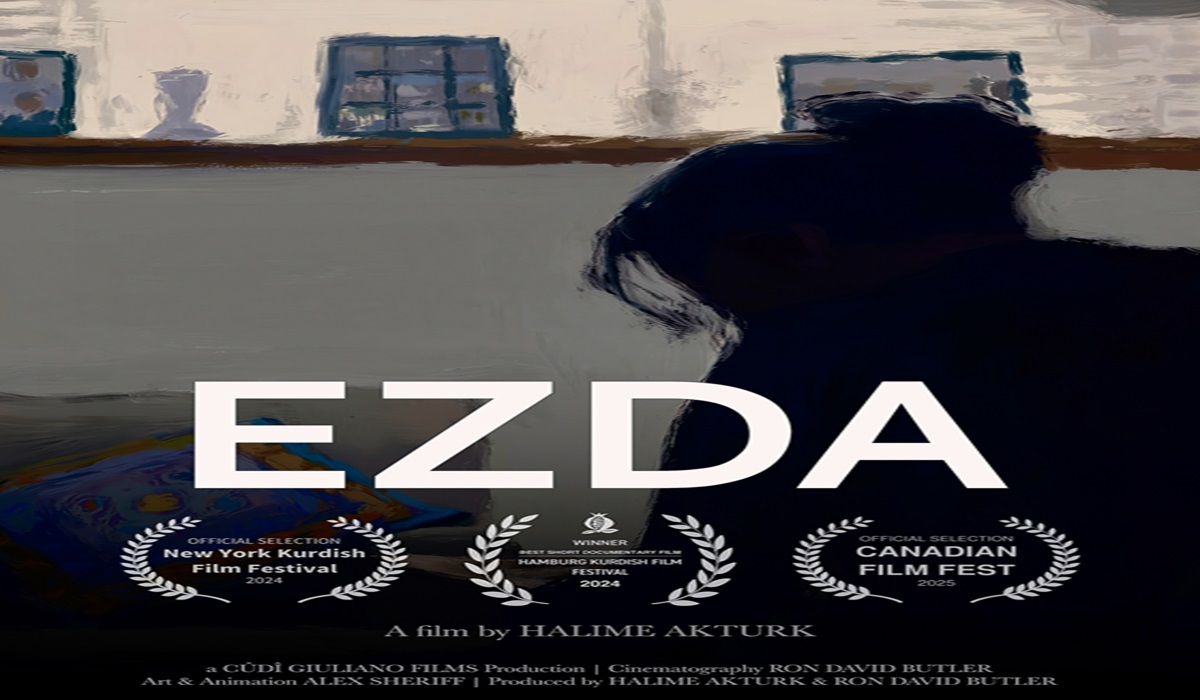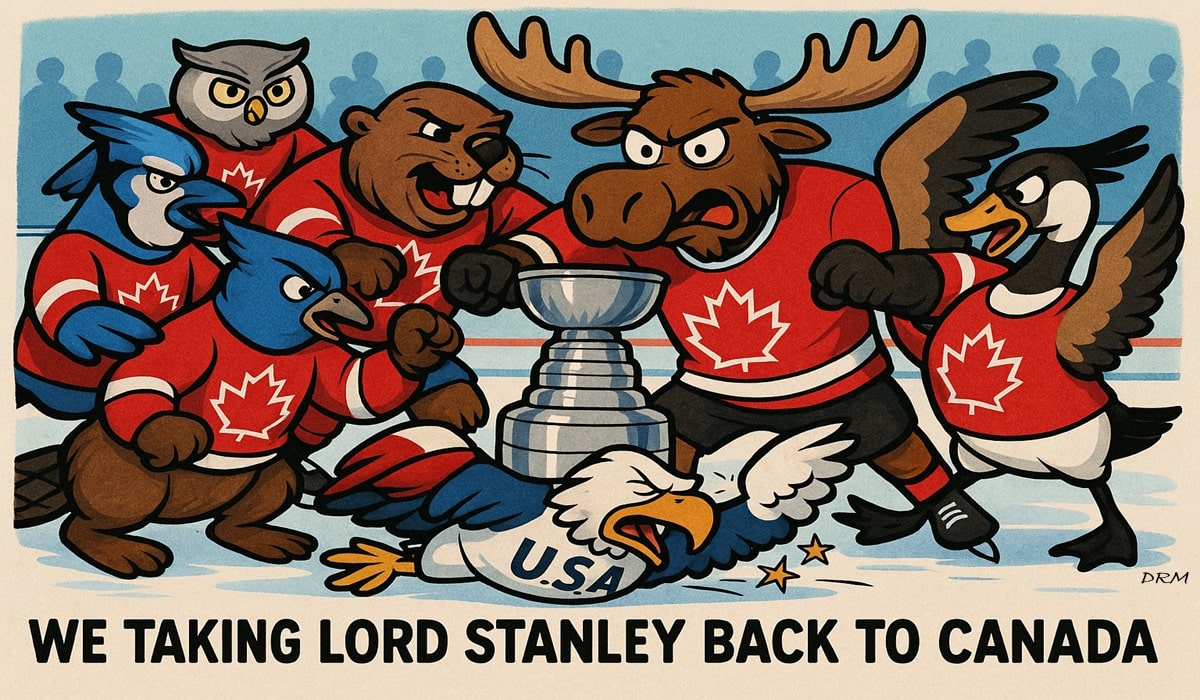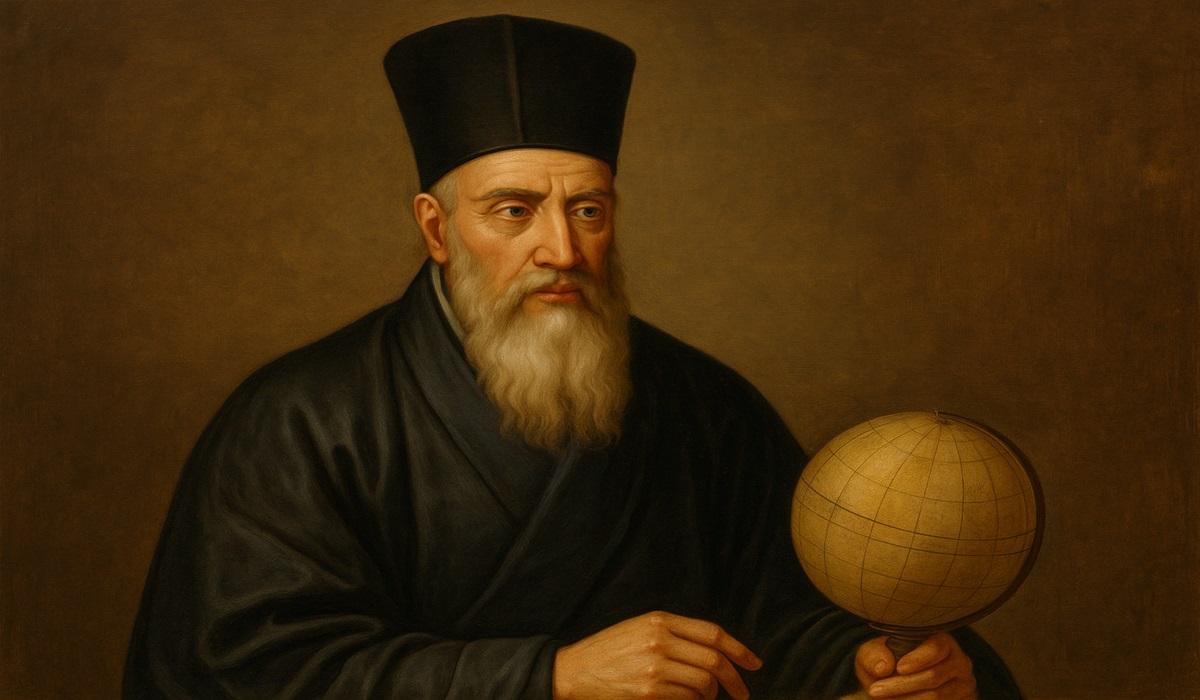The Myth of Balance: When Media “Fairness” Becomes a Farce
- TDS News
- D.O.C Supplements - Trending News
- April 25, 2025
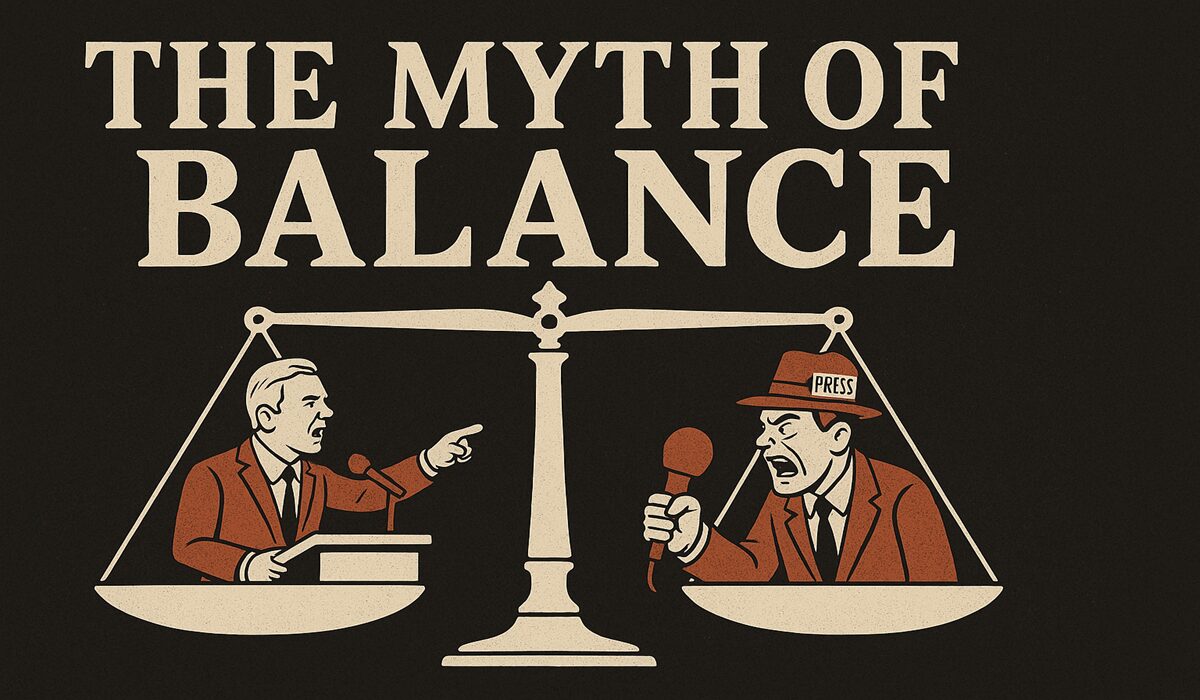
What is truth? And who, precisely, bears the responsibility for conveying it? In a world so eager to fracture reality into opposing camps, these questions, once the domain of philosophers, now sit squarely in the lap of modern journalism. It is here, at the intersection of duty and fear, that we encounter a profound and dangerous illusion: the idea that balance, achieved by artificially presenting opposing voices, is synonymous with fairness—or worse, with truth itself.
Consider the construction of a new bridge. A government, acting through the machinery of public service, announces funding to replace a failing structure, one whose decay threatens lives and livelihoods alike. The facts are simple. The benefit is clear. Yet journalism, taught to fear any charge of bias more than the sin of distortion, scrambles to locate a voice of dissent. A critic is found. The announcement is tainted, darkened, made suspect. And thus, balance is achieved.
Or so it seems.
In reality, the pursuit of balance in this form is not a pursuit of truth, but a betrayal of it. It is not an act of intellectual rigor, but an abdication of judgment. Journalism, when it reflexively demands an opposing view where none is necessary, confuses the craft of informing with the spectacle of conflict. It mistakes noise for substance, opposition for insight, and the mechanical division of viewpoints for the careful discernment of reality.
The ancients understood that balance, true balance, is not a mechanical symmetry between forces. It is the harmonious ordering of parts according to their nature and merit. Aristotle called it the “golden mean”—not the dead center between extremes, but the right measure in each circumstance, guided by wisdom and aimed at the good.
Today’s media, however, practice a counterfeit balance. They weigh truth against distortion, good governance against political theatre, and give each the same airtime, the same gravity, the same sacred platform. In doing so, they collapse the distinction between what is real and what is merely expedient. They train the public not to inquire which story is true, but to assume all stories are equally suspect, equally corrupted, equally irrelevant.
In a society that can no longer distinguish between a functioning bridge and a political talking point, trust withers. Cynicism metastasizes. And journalism, rather than being the guardian of the common good, becomes another artisan of confusion.
It need not be so.
The philosopher-journalist must rediscover a simple but difficult truth: that fairness is not giving equal voice to every utterance, but giving proportionate voice to what reality demands. If a project is good, it should be reported as good. If malfeasance is later uncovered, it should be exposed ruthlessly. But the mere fear of appearing partial should never outweigh the responsibility to tell the truth as it is.
Balance is not neutrality between reality and unreality. It is loyalty to the world as it actually exists, to the facts that shape human flourishing or human suffering. Anything less is not balance at all; it is surrender—a cowardice that wears the mask of principle.
The bridge is being rebuilt. The public will be safer. In that moment, there is no scandal. There is no dark underbelly to uncover merely for theater’s sake. There is only the rare and fragile victory of governance serving its purpose. And journalism, if it remembers its soul, should have the wisdom—and the courage—to say so.
Because in the end, journalism must decide: will it be a mirror of the shouting world, or will it be a guide to the quieter, stubborn thing we still call truth?

